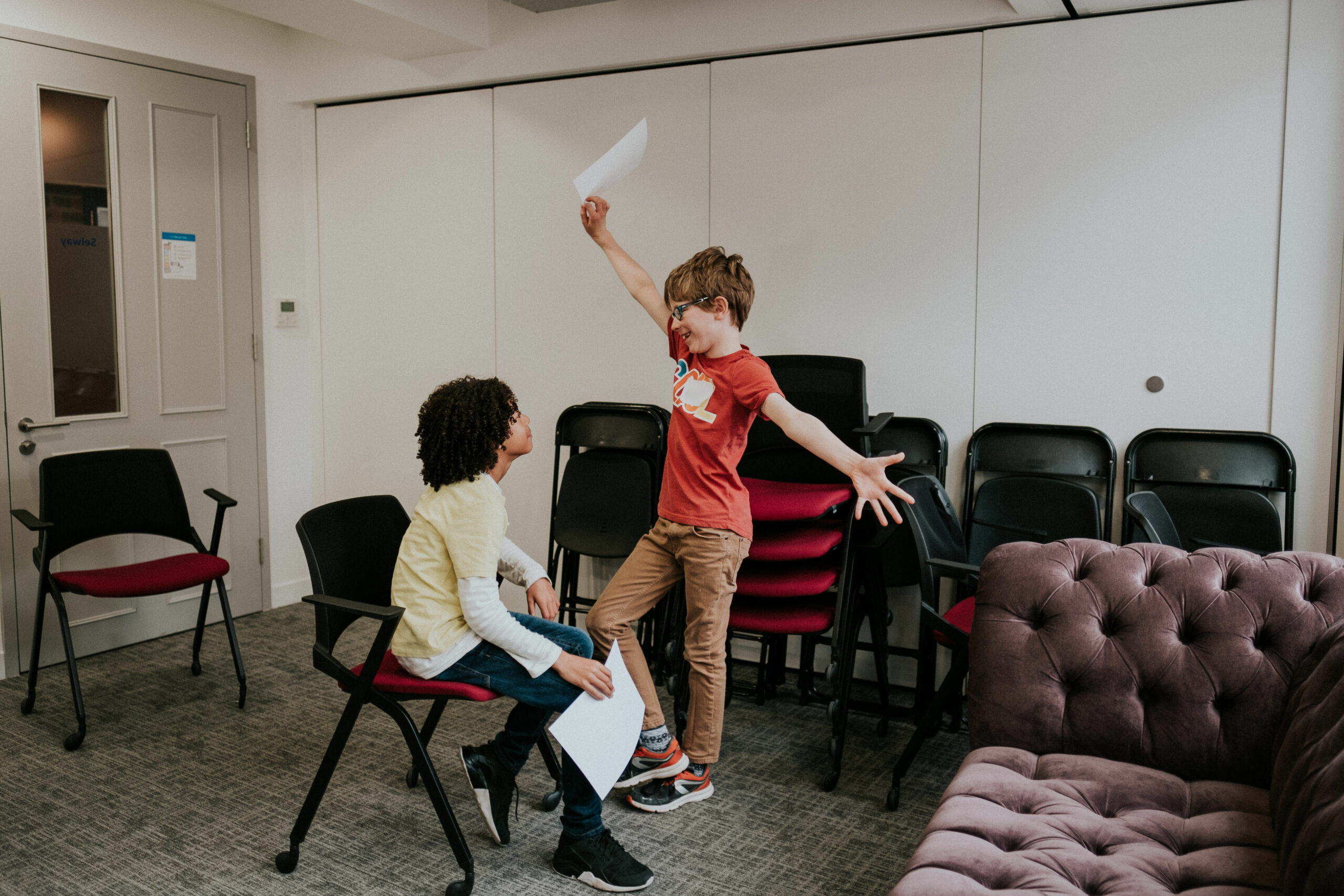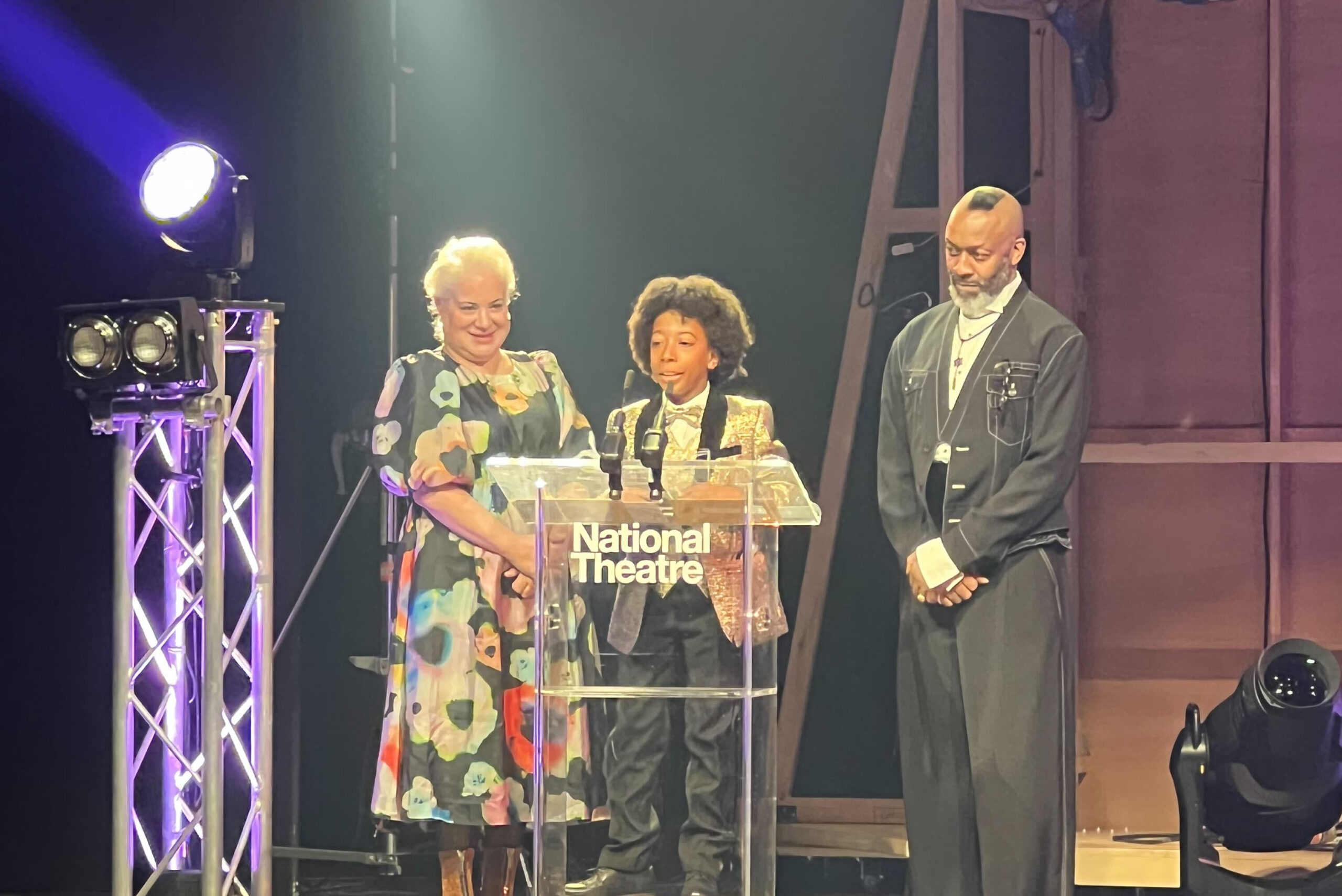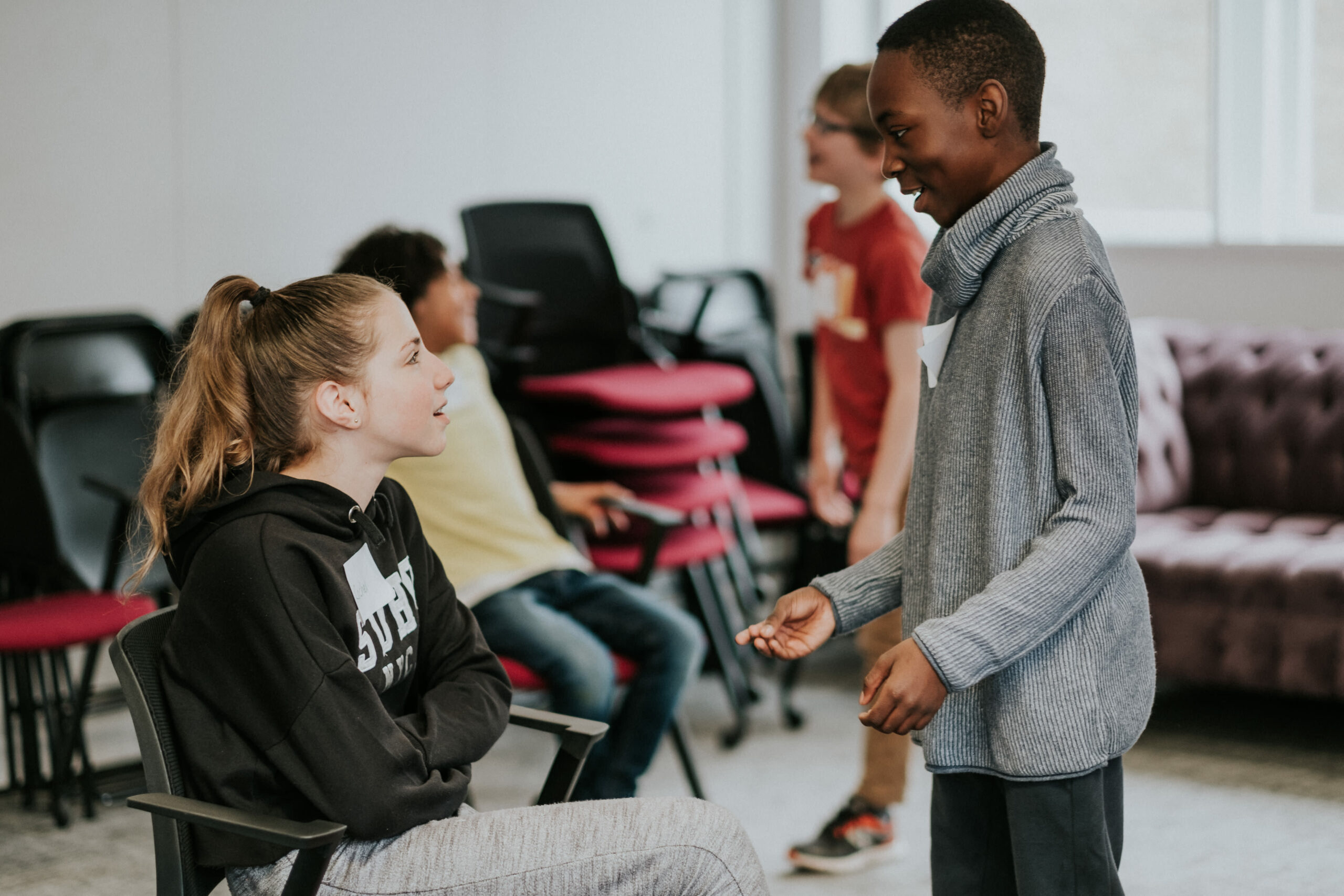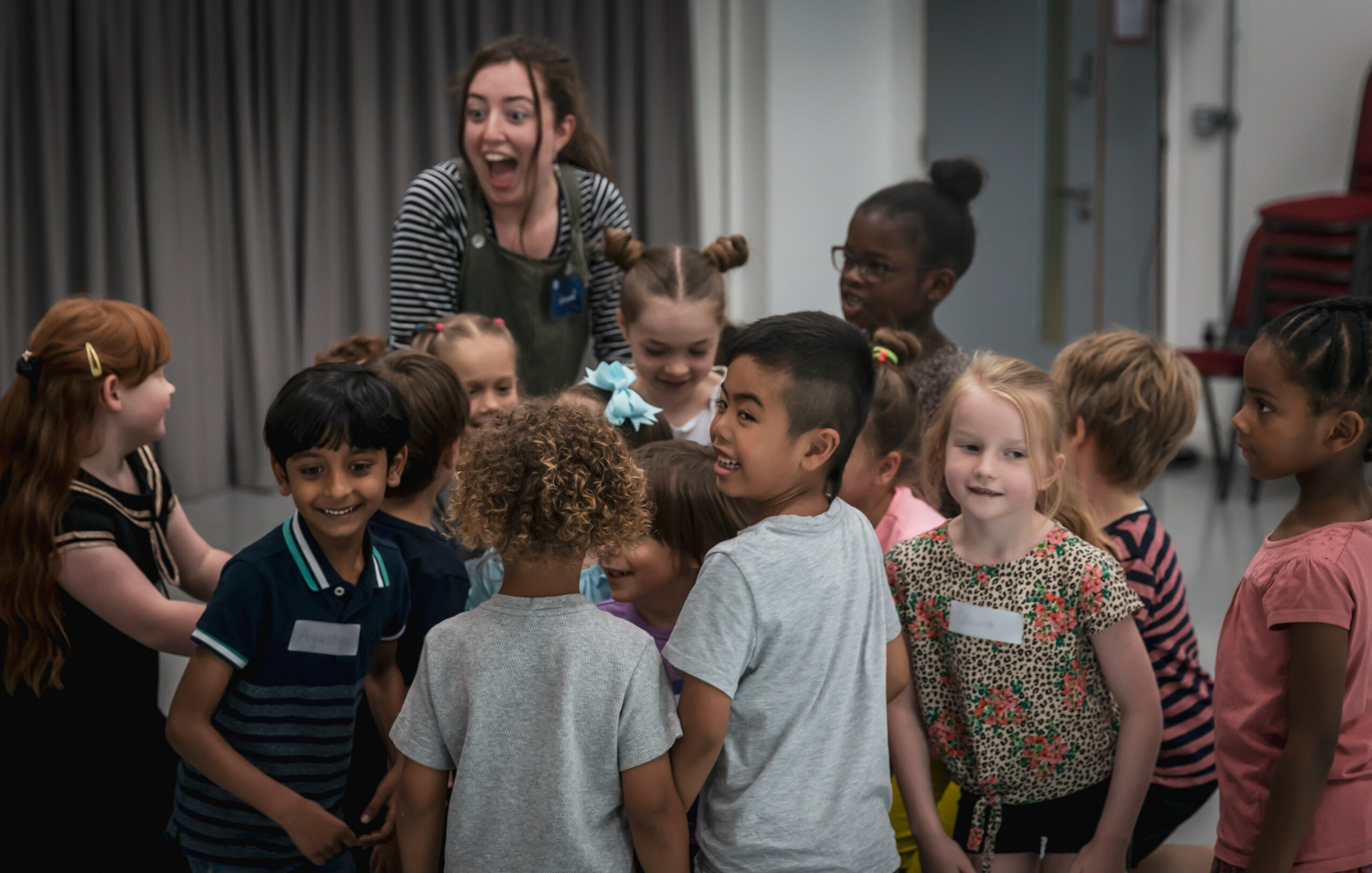Touring productions are a huge commitment for yourself and your child. Here’s what you need to know about going on tour before your child auditions for a role.
Touring is not for everyone and every child is different. Before your child auditions for a tour, as their parent or guardian, you’ll need to understand and accept how a touring production works.
Members of the Agents of Young Performers Association (AYPA) have kindly shared their tips for any parents or guardians with children who are thinking of auditioning for a touring role. Each touring company will run things slightly differently, so there’s no hard fast rule as to how they operate – however, in this article we give you a general idea of what to expect.
Read everything sent to you by the casting team
During the audition process – often before the first audition – you’ll be given an idea of how the tour will work for the production you’re auditioning for.
Always read everything sent to you by the casting team and listen to the talks given by the casting director at the auditions. The rules they give you for their production are not going to be flexible for any individual child.
It’s important to ask for clarity during the process if you need to.
Touring is a big commitment
The commitment for any stage production is huge, so please take this into consideration before accepting an audition for your child.
Holidays aren’t permitted at all during the contracted period. Even if your child is not scheduled to perform on a certain date, they’d still be contracted from the start to finish dates and would need to be available.
Children are also not permitted to work on any other projects while they’re contracted to a stage production. They will need to be available as they’re on first call for cover and are required to rest on the days they’re not performing.
Rehearsal, performance and standby fees
Fees vary between productions but fees for rehearsal sessions are usually around £20-£25. Expect fees to range from £25-£90 per show.
Contract lengths
Contract lengths vary depending on the span of the tour. If the tour is only on the road for 8-10 months, then a production will usually endeavour to use the same children for the full run. Your child’s offer will specify this, if it’s the case.
For tours that are scheduled for longer than 12 months, there will often be a cast change every six months. Things can differ from one production to the next; it’s important to ask if you’re not sure.
London-based casting
Generally casting directors will only cast children who live within commuting distance of London (i.e., within the M25). This is to ensure that the child can rehearse in London and be close enough to the central pick-up point.
Tour chaperones
Parents don’t tour with their children. Instead, chaperones will meet the children at a central London location – usually a departure station such as Euston or Kings Cross – and parents will say their goodbyes. The children travel with the chaperones to the location of the tour.
Tour accommodation
Children are usually accommodated in a hotel and will be expected to share a room with another child with the chaperones in their own rooms close by.
Parents visiting to see their child in the show will usually not be permitted to take their child to stay with them so as not to disrupt their child’s routine – or that of another child – especially when they are sharing a room as it would leave the other child on their own.
Keeping in touch with your child
Generally, children are permitted to have a mobile phone so they can keep in touch with their parents – however, these are restricted by chaperones so children are not able to be on their phones for extended periods.
Parents will always have access to the chaperones by phone and will be able to contact their children via the chaperone outside of allocated times.
Tour schedules
All productions will work to their own schedules depending on how many teams of children they have. Your child may be away for a week and home for a week or away half a week and on the tour for half a week. During the time they’re away, they’ll often be performing or covering with another team of children.
Be prepared for directors to be quite strict with children and to expect them to perform their very best at every show.
Schooling whilst on tour
While children are away, it’s important that they keep up with their schooling. Children are legally obligated to do up to 15 hours of schooling per week during term time. A tutor is supplied by production, however, you’ll need to ask your school to provide the work that your child is missing at school – this will be completed under the supervision of the tutor.
International touring
The main difference with an international tour is licensing, as the production will apply for an international license for the child. It’s also vital that your child has a valid passport.
More often than not, international touring will be an extended leg of an existing UK tour. Children have travelled as far as Japan with a tour that they started in the UK. On international tours, children will travel with the same chaperones they have been assigned on the UK leg.
While the touring experience is a big commitment for children, it’s usually a hugely enriching experience for them. We hope these tips will help you to make an informed decision about whether auditioning for a tour is the right choice for your child and you.
Thanks to the AYPA board members; Jo Wellings (PD Management), Adelle Moss (AM Kids), Susie Blundell (Goldmans Management), Kimberly Davis (ID Talent), Heather Allen (Allen and Abel), Warren Bacci (TTA). Bonnie Lia (Bonnie and Betty) and Sarah MacDonnell (Ardent Talent) for sharing their tips.












